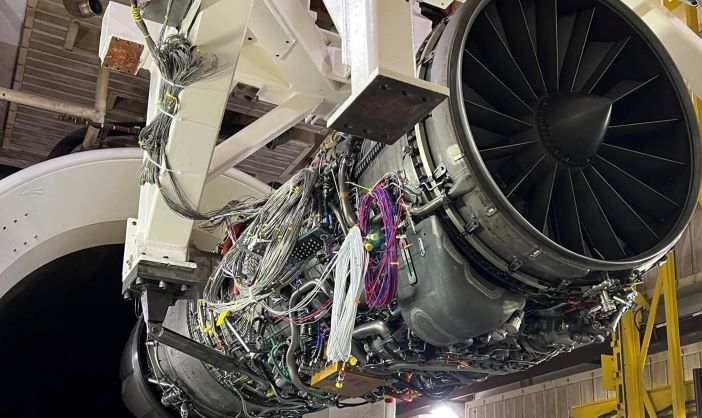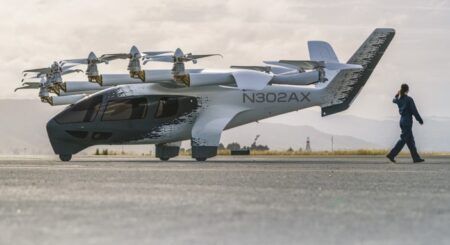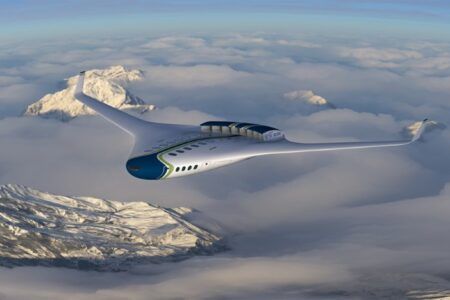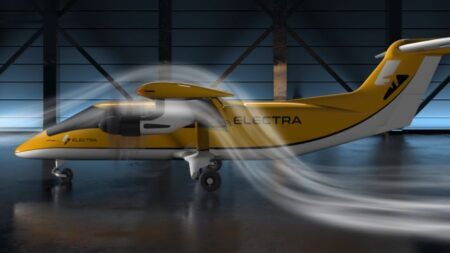GE Aerospace has completed more than 3,000 cycles of endurance tests on its next-generation high-pressure turbine airfoil technologies, a key milestone in the development of a more compact engine core for future aircraft it said.
The test campaign involved high pressure turbine (HPT) blades and nozzles with the GE’s latest cooling technology that demonstrated improved durability and fuel efficiency compared to conventional turbine technology. The airfoils were inserted in the core of an F110 engine for testing.
Two test campaigns were conducted, with the first starting in 2023 focusing on initial performance validation. A second endurance campaign completed earlier this year simulated high-thrust takeoff and climb conditions to evaluate how components would withstand flight conditions.
“With endurance tests conducted on new high-pressure turbine blade cooling technologies, it shows the CFM RISE program’s early focus on durability and reliability,” said Arjan Hegeman, vice president of future of flight engineering for GE Aerospace. “This is the earliest in new technology development that we’ve done durability tests, incorporating the experience of our commercial aircraft engines flying today.”
The tests validated the thermal, mechanical and system performance of the HPT hardware, with the airfoils located in the engine’s hottest section subjected to extreme operating conditions. The next phase of testing will involve dust ingestion testing to evaluate turbine blade behavior in severe environments.
GE Aerospace is developing the compact engine core including high-pressure compressor, HPT blades and combustor technologies for a core demonstrator scheduled to be completed later this decade through the CFM RISE program. The compact core design targets significant improvements in thermal efficiency and power-to-weight ratio compared to current engine architectures.
The RISE (Revolutionary Innovation for Sustainable Engines) program, unveiled in 2021, has completed more than 250 tests and is one of the aviation industry’s most comprehensive technology demonstration efforts. Beyond the compact core, RISE is advancing engine architectures including Open Fan and hybrid electric systems.
Technologies are being tested with both conventional and alternative jet fuels, including unblended Sustainable Aviation Fuel (SAF). The CFM RISE program is targeting more than 20% better fuel burn compared to the most efficient commercial engines in service today, alongside improved durability and reliability.
The RISE program’s open fan configuration enables larger diameter fans without gear systems, potentially reducing noise and fuel consumption. Hybrid electric integration explores combining traditional turbine technology with electric power systems for enhanced efficiency during different flight phases.





